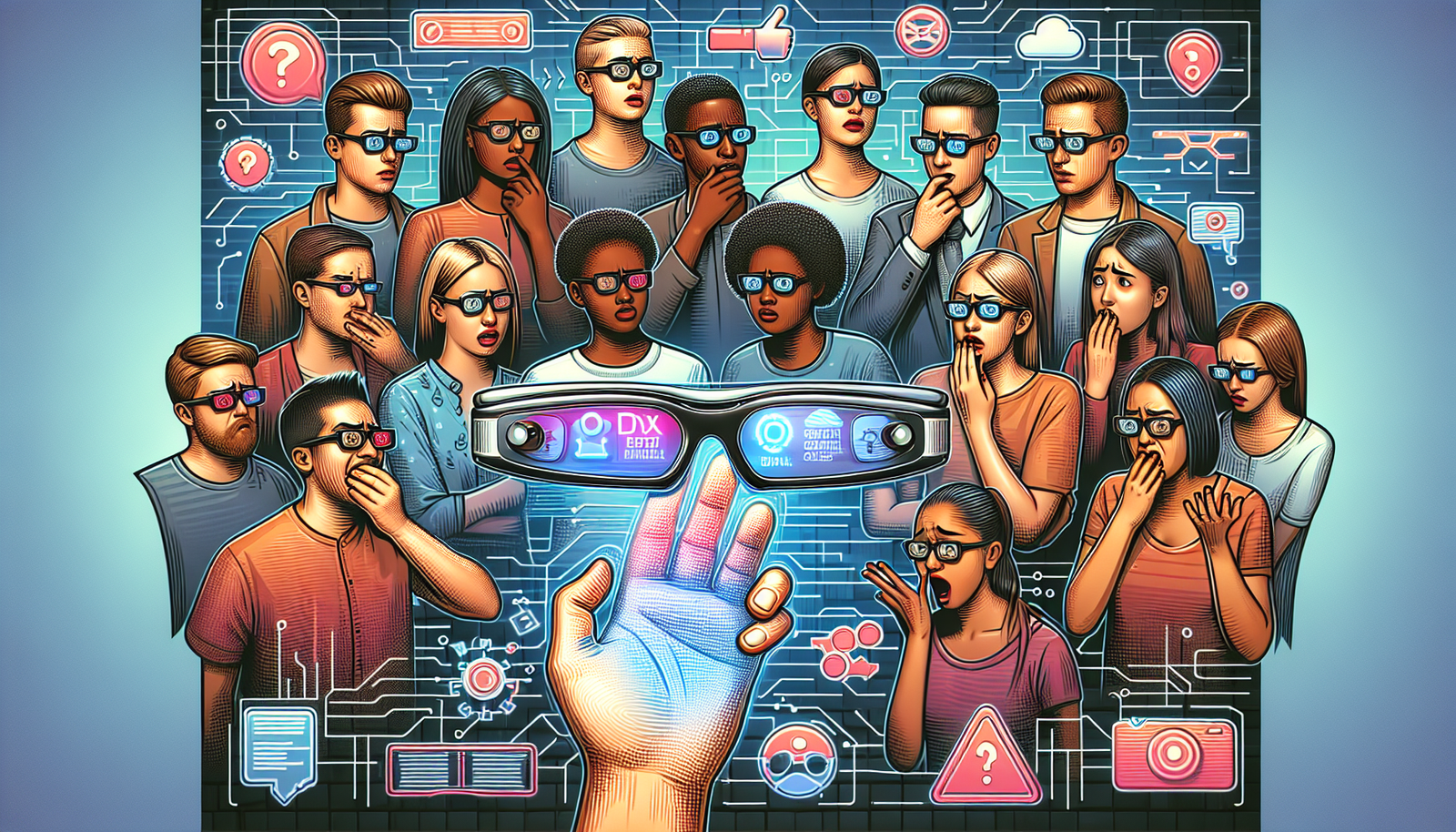Title: Students Utilize Meta’s Smart Glasses for Automatic Doxing via Instagram Streams
Meta’s advanced smart glasses have recently been at the center of controversy following a report detailing how two Harvard students harnessed facial recognition technology and a large language model to reveal private information about strangers. This setup, which they named I-XRAY, can pull various personal details including names, occupations, addresses, and phone numbers from publicly available data, all occurring autonomously.
During a demonstration, AnhPhu Nguyen and Caine Ardayfio showcased their method of utilizing the smart glasses, which closely resemble conventional eyewear, to unobtrusively gather information about individuals they encountered in public. In the video presented, they confidently approached strangers, addressing them by name and inquiring about their work history or past interactions, all thanks to the data acquired through their facial recognition technology.
Nguyen and Ardayfio streamed live from the glasses directly to Instagram, where a specialized program analyzed the incoming video feed to identify faces. Upon recognition, the I-XRAY system would gather additional images and public data about the individual, which was then relayed back to a mobile application they had developed. This process reportedly takes just a couple of minutes.
The students emphasized that their intention behind I-XRAY was to raise awareness about the potential implications of such technology, opting not to release the underlying code to prevent misuse. While some individuals they demonstrated the technology to expressed interest in using it for networking, others voiced significant concerns about privacy and safety risks, particularly highlighting the potential for stalking.
In a Google Doc outlining their project, Nguyen and Ardayfio provided resources for individuals wishing to remove their personal information from the databases leveraged by their system. They also suggested personal information removal services like DeleteMe and Incogni for added privacy.
While applications of facial recognition technology in various contexts are not new—companies like Meta and Google having had the capability for years—its integration into everyday smart glasses poses unique privacy challenges. The inconspicuous nature of the glasses, which only signal recording with a visible light, raises alarm bells regarding data protection.
In response to inquiries, Meta directed comments to their terms of service for Facebook View, the app accompanying the smart glasses. The company stated that users are responsible for adhering to all relevant laws, including those pertaining to privacy and data protection when utilizing the technology.
As we navigate this emerging reality where personal information can be instantly accessed and shared, the responsibilities surrounding such powerful technologies become more crucial than ever. The implications for privacy ahead warrant careful consideration and robust discussions about appropriate use and the evolving landscape of digital data sharing.

